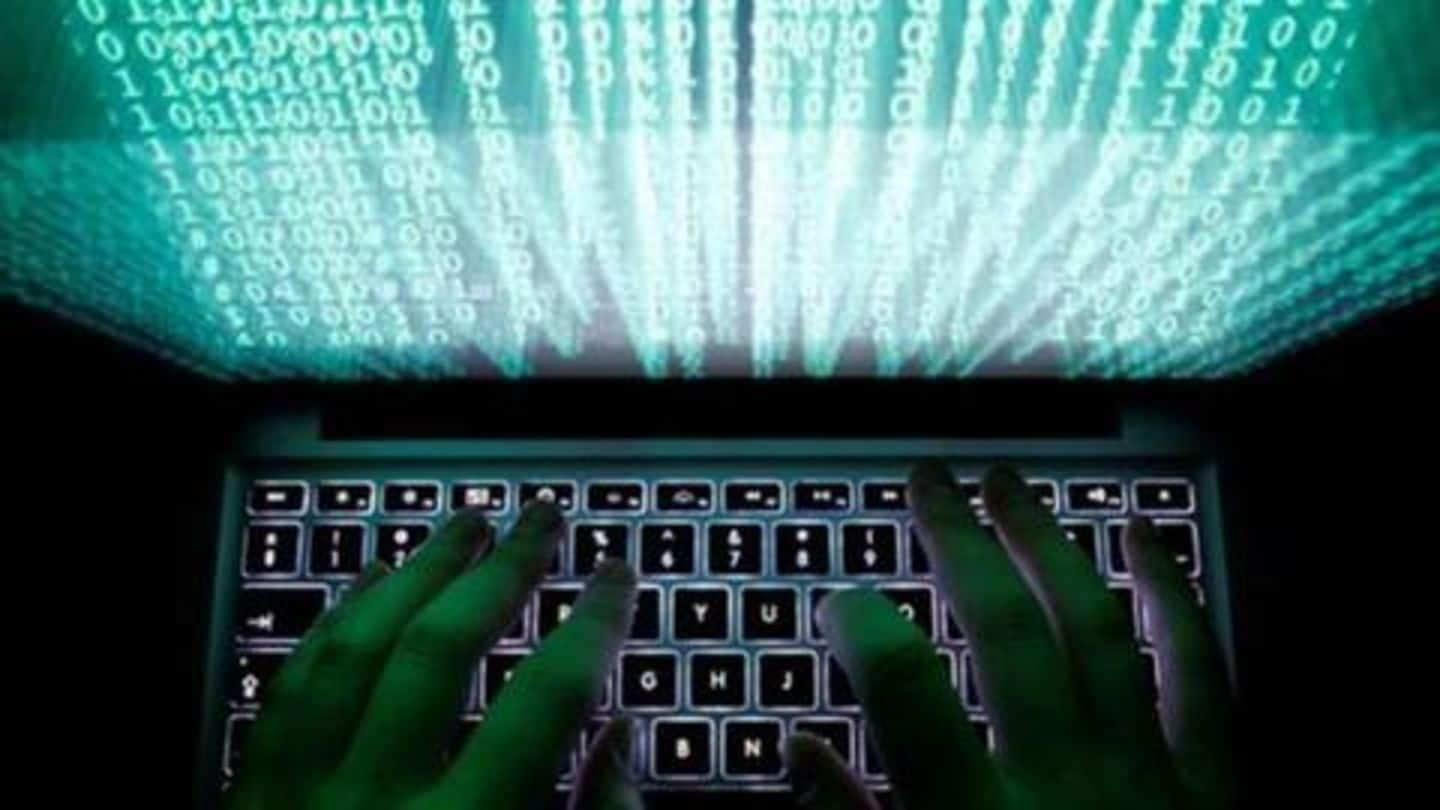
Centre goes in defensive mode after 'snooping order', clarifies notification
What's the story
On Thursday, the Centre gave powers to ten Central investigative agencies to intercept and monitor all data present in any computer and invited criticism from the opposition which claimed the country was being made into an 'Orwellian state'.
But the Centre has clarified that it didn't introduce any new law and that the same policy was introduced by the UPA government in 2009.
Context
Backstory: Understanding the order passed by Ministry of Home Affairs
The order, signed by Home Secretary Rajiv Gauba, grants powers of "interception, monitoring, and decryption of any information generated, transmitted, received or stored in any computer".
The agencies empowered are the Intelligence Bureau, Narcotics Control Bureau, Enforcement Directorate, Central Board of Direct Taxes, Directorate of Revenue Intelligence, CBI, National Investigation Agency, Cabinet Secretariat (R&AW), Directorate of Signal Intelligence (in Jammu and Kashmir, North-East and Assam only), and the Delhi Police Commissioner.
Clarification
Agencies will need approval, clarifies MHA
Under fire, the MHA clarified its stand and said a similar law was passed in 2009. It said though agencies have the power to intercept information, they will require prior approval.
The demand will be monitored by Cabinet Secretary or a state's chief secretary.
Further, since many companies use servers outside the country, agencies would need to go through mutual legal assistance agreements.
Quote
Here's what MHA said
"Similar provisions and procedures already exist in The Telegraph Act along with identical safeguards. The present notification is analogous to the authorization issued under The Telegraph Act. The entire process is also subject to a robust review mechanism," the MHA's statement read.
Details
The agencies have not been given any new power: Centre
The Home Ministry also went on to say that no new powers have been conferred to enforcement agencies.
"The notification has been issued to notify Internet Service providers (ISPs), Telecom Service Providers (TSPs) and intermediaries to codify the existing orders," the ministry said.
The order rekindled the privacy debate. Congress President Rahul Gandhi tweeted PM Narendra Modi was turning country into a police state.
Twitter Post
You are an insecure dictator: RaGa tells PM Modi
Converting India into a police state isn’t going to solve your problems, Modi Ji.
— Rahul Gandhi (@RahulGandhi) December 21, 2018
It’s only going to prove to over 1 billion Indians, what an insecure dictator you really are. https://t.co/KJhvQqwIV7
Centre slammed
Mamata Banerjee too joined the chorus to slam Centre
Notably, RaGa wasn't the only one to slam the Centre. Trinamool Congress head and West Bengal Chief Minister Mamata Banerjee demanded that the 'mass surveillance' order is withdrawn as it was a threat to privacy and independence.
"The notifications need to be withdrawn immediately. What's the use of taking the oath of secrecy when government data will be shared," she said.
Quote
Orwellian state is around the corner: Chidambaram
"I don't want to give (an) off the cuff answer, but anybody is going to monitor the computers, including yours. What is an Orwellian state? George Orwellian (state) is around the corner," said senior Congress leader P Chidambaram.
Defense
Meanwhile, Arun Jaitley said Congress speaks without thinking
However, the Centre threw its might to defend the order. Union Finance Arun Jaitley said Congress had a habit of speaking without thinking and claimed there was no 'general snooping order'.
He explained the power to intercept in national interest already existed and the order just specified the agencies.
"It is only in cases mentioned in Section 69 of the IT Act," he said.